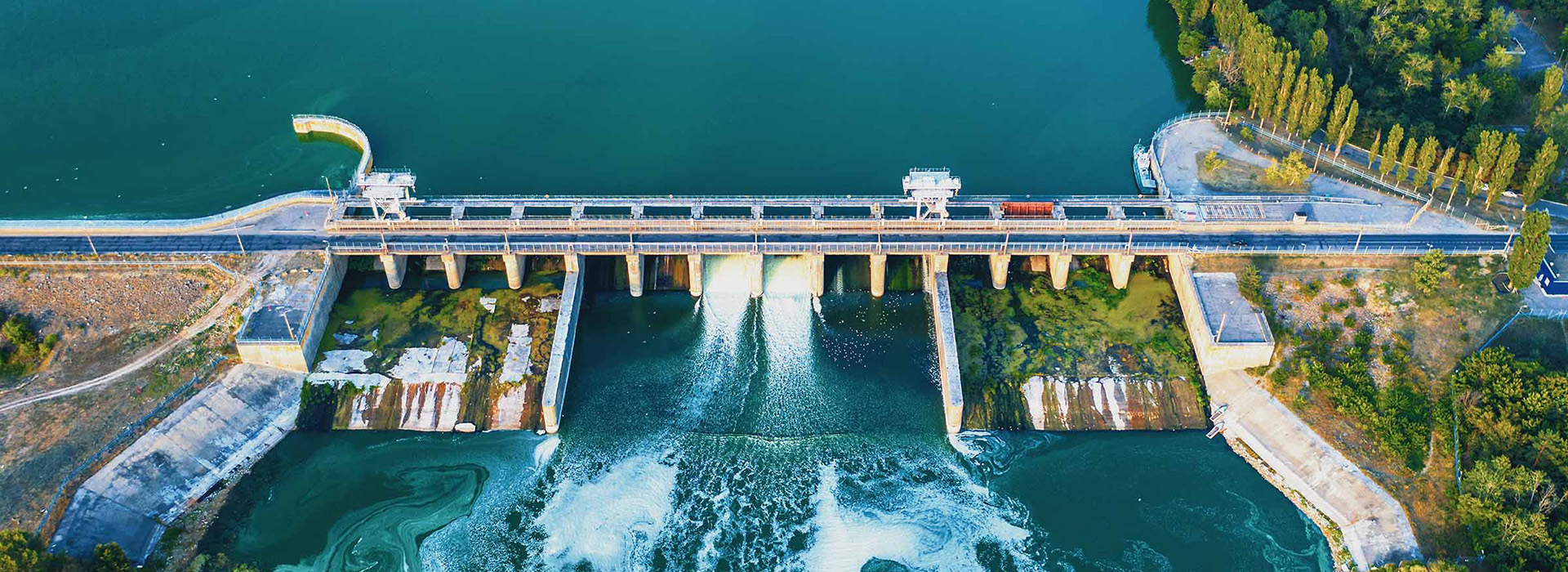Pedro Moreira: Human behaviour as a safety lever
When most of a company’s employees work remotely, adapting human behaviour is a key driver when it comes to ensuring health and safety programmes are effective. With a background in construction and engineering, Pedro Moreira, Corporate Safety Manager at EDP, explains the importance of thinking outside of the box.


Pedro Moreira
Corporate Safety Manager, EDP
A company with a sizeable remote workforce has to think outside of the box when developing health and safety programmes. Where there is less ongoing supervision and control over working practices and conditions and the working environment is often spread across hundreds of miles, health and safety issues can change on a daily basis. With thousands of people working in the field at any one time, either alone or in teams of two or three, it’s important that safety rules and regulations are supported by the correct human behaviour. It’s about getting that balance right between employees clearly understanding safety rules and then developing their awareness so they can put that knowledge into responsible actions and react appropriately in the field.
Taking a non-linear pathway to safety
For this approach to be effective it’s vital to get global and local leadership on board. This is not simply a question of rolling out a raft of cultural safety programmes, it’s about encouraging and training leaders to talk about safety and giving it the same visibility and priority as financial issues at board level. It’s about moving safety away from being seen as a negative to a positive that we can measure and assess more accurately and transparently by giving employees the tools and space to talk openly about issues and positively reinforce how human behaviour can impact and improve safety. While innovation such as the use of wearable technology to detect danger can help supplement this approach, it should not be seen as a replacement for good safety behaviours.
Joining the dots on social and work issues
Equally, the arrival of the pandemic has emphasised the benefits of ensuring any approach to health and safety is replicated wherever the company has a geographical footprint. Again, with a safety focus that takes account of human behaviour, COVID-19 has highlighted the need to employ psychological and psychosocial assessments more frequently. As yet, we don’t know the long term impact of how people will react to the changes the pandemic has forced on us. Certainly, the impact of stress from both a social and work aspect will become more important going forward and it’s vital that the same importance and method of assessment is used across a company’s ecosystem to get a true idea of the long term impact of COVID-19 on the workforce.